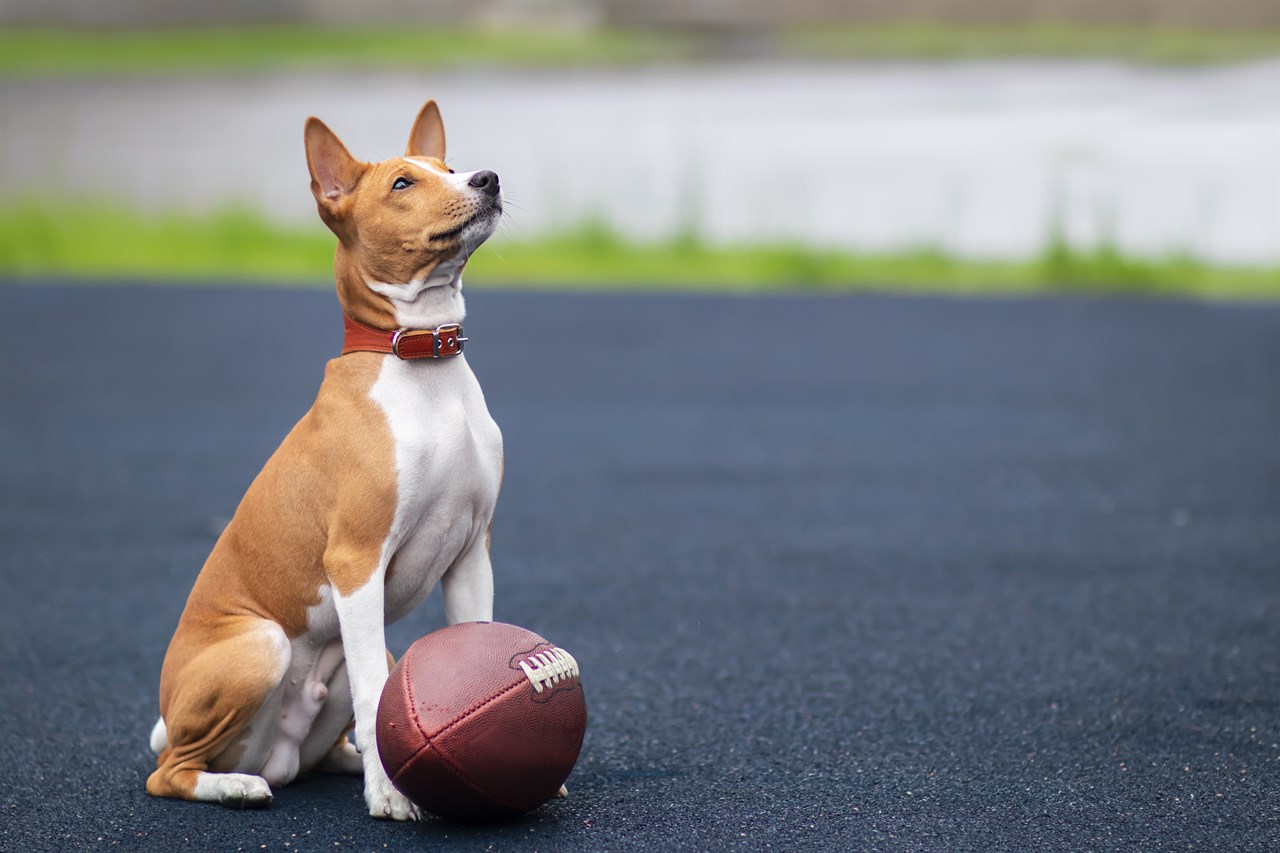Basenji Feeding Habits and Food Requirements

Proper nutrition is essential for the health and well-being of your Basenji. Understanding their feeding habits and food requirements is crucial in ensuring they receive the right nutrients and maintain a healthy weight.
Age and Life Stage
Basenjis' nutritional needs vary throughout their life stages. Puppies, adults, and seniors have different dietary requirements, so it's important to choose the right dog food formulated for their age.
High-Quality Dog Food
Basenjis thrive on high-quality commercial dog food that meets the standards set by regulatory bodies like the Association of American Feed Control Officials (AAFCO). Look for dog food that lists a quality protein source as the first ingredient and does not contain fillers, artificial additives, or excessive amounts of grains.
Portion Control
Basenjis are prone to obesity, so it's important to measure their food portions and avoid overfeeding. Feeding guidelines provided on the dog food packaging can serve as a starting point, but adjustments may be necessary based on your Basenji's activity level and individual metabolism.
Feeding Schedule
Establish a consistent feeding schedule for your Basenji, typically feeding them two meals a day. This routine helps with digestion and can aid in house training by regulating when they eliminate.
Avoid Table Scraps
While it can be tempting to share your food with your Basenji, it's generally best to avoid giving them table scraps. Human food can be high in calories and may not provide the balanced nutrition your dog needs.
Fresh Water
Ensure your Basenji has access to fresh, clean water at all times. Proper hydration is essential for their overall health.
Special Dietary Needs
Some Basenjis may have specific dietary needs due to allergies, sensitivities, or medical conditions. Consult with your veterinarian if you suspect your Basenji has unique dietary requirements.
Avoid Foods Harmful to Dogs
Certain foods, such as chocolate, grapes, raisins, onions, and garlic, are toxic to dogs and should never be given to Basenjis. Be aware of these harmful foods and keep them out of your dog's reach.
Regular Monitoring
Regularly monitor your Basenji's body condition and weight. Adjust their portion sizes as needed to maintain a healthy weight. An overweight Basenji is at risk for various health issues.
Treats and Snacks
Limit treats and snacks to avoid overindulgence, which can contribute to weight gain. Choose healthy, dog-friendly treats and use them sparingly during training or as rewards.
Consult Your Veterinarian
Your veterinarian can provide guidance on the best diet for your Basenji based on their individual needs, age, and activity level. Regular veterinary check-ups can help ensure your Basenji's dietary requirements are met.
In conclusion, providing your Basenji with proper nutrition is vital for their health and longevity. A balanced diet, portion control, and regular monitoring of their weight can help keep your Basenji in optimal health and maintain their energy levels and vitality. Consulting with your veterinarian is key to tailoring a diet that suits your Basenji's specific needs.